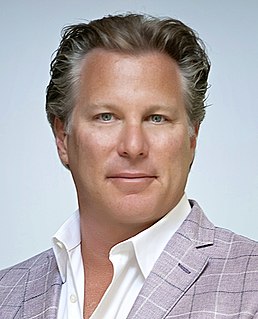A Quote by Edmund Phelps
Companies like Google and Facebook may offer jobs allowing or requiring imagination and creativity, but the whole of Silicon Valley accounts for only 3 percent of national income and a smaller percentage of national employment.
Related Quotes
More and more major industries are being run on software and delivered as online services—from movies to agriculture to national defense. Many of the winners are Silicon Valley-style entrepreneurial technology companies that are invading and overturning established industry structures. Over the next 10 years, I expect many more industries to be disrupted by software, with new world-beating Silicon Valley companies doing the disruption in more cases than not.
Is it just a coincidence that as the portion of our income spent on food has declined, spending on health care has soared? In 1960 Americans spent 17.5 percent of their income on food and 5.2 percent of national income on health care. Since then, those numbers have flipped: Spending on food has fallen to 9.9 percent, while spending on heath care has climbed to 16 percent of national income. I have to think that by spending a little more on healthier food we could reduce the amount we have to spend on heath care.
The Foreign Office is a very important arm of the British state and I think Britain has a fantastic diplomatic service. We are the only country in the world spending 2% of our national income on defence and 0.7% of our national income on aid. We are the only country in the world doing both of those things.
For the first time we're allowing developers who don't work at Facebook to develop applications just as if they were. That's a big deal because it means that all developers have a new way of doing business if they choose to take advantage of it. There are whole companies that are forming whose only product is a Facebook Platform application.
I am the most concerned that we end up in a situation where your - everything is known about you and so therefore, not only Google, but Google, Facebook, Twitter - the whole set of companies - essentially knows all your weaknesses and therefore how to manipulate you in subtle ways in order to have you do things you might not otherwise do.


































